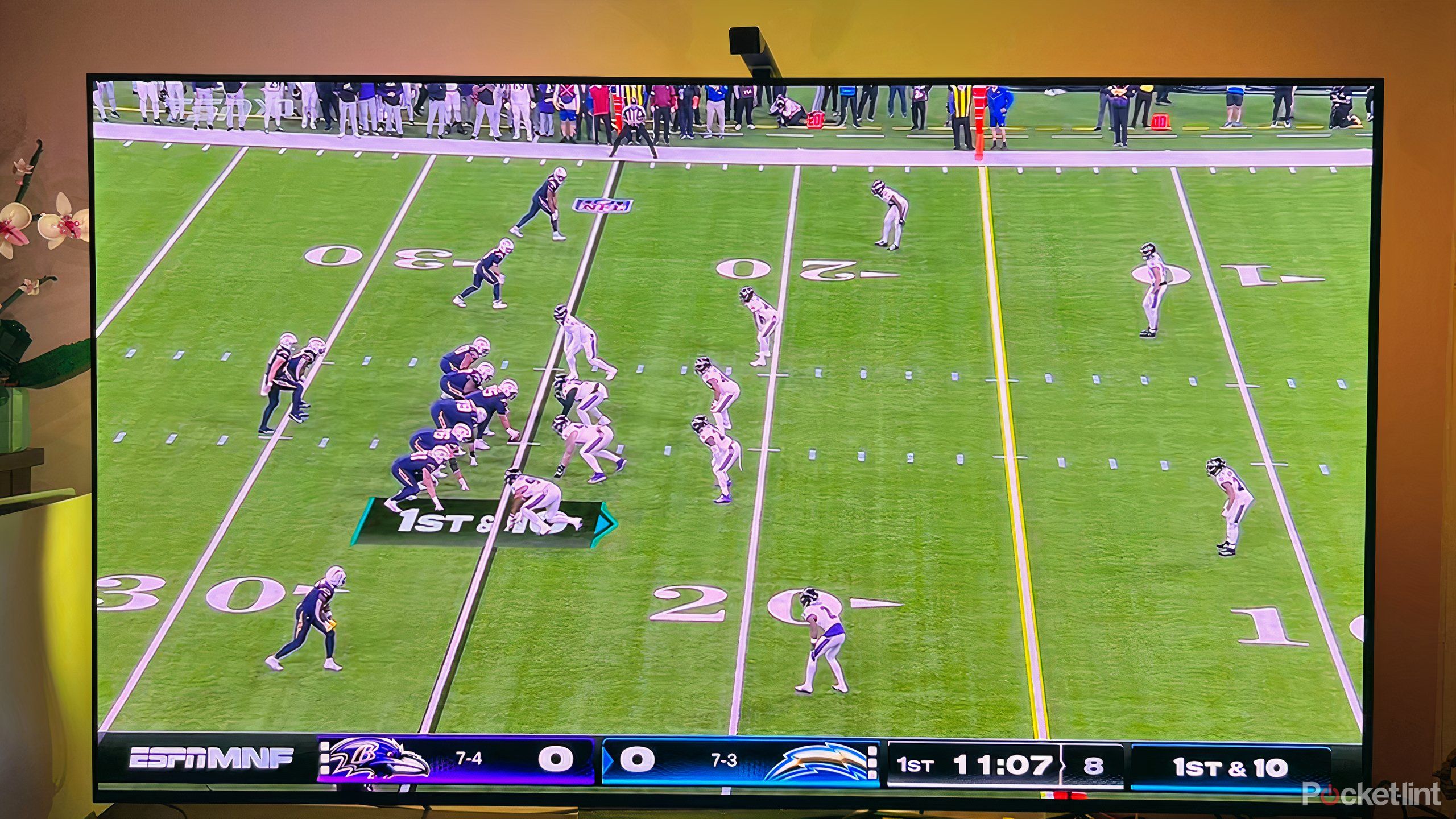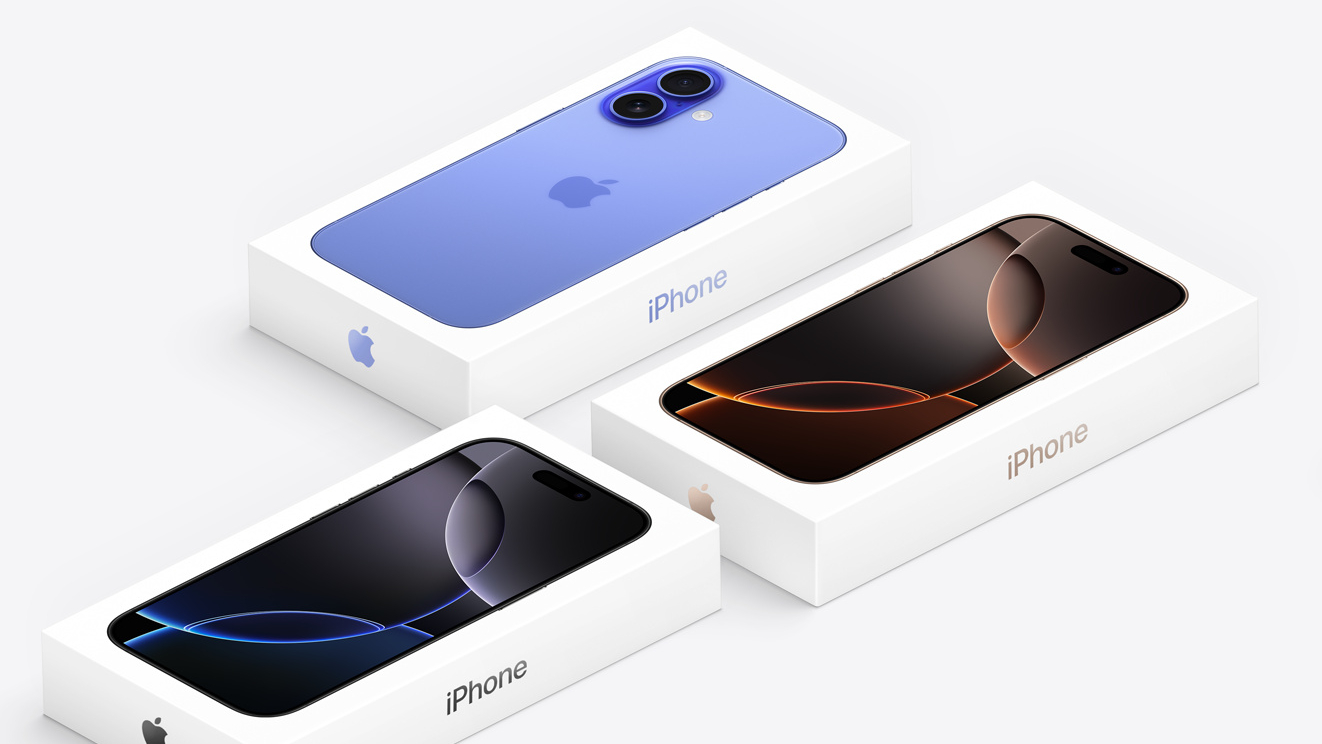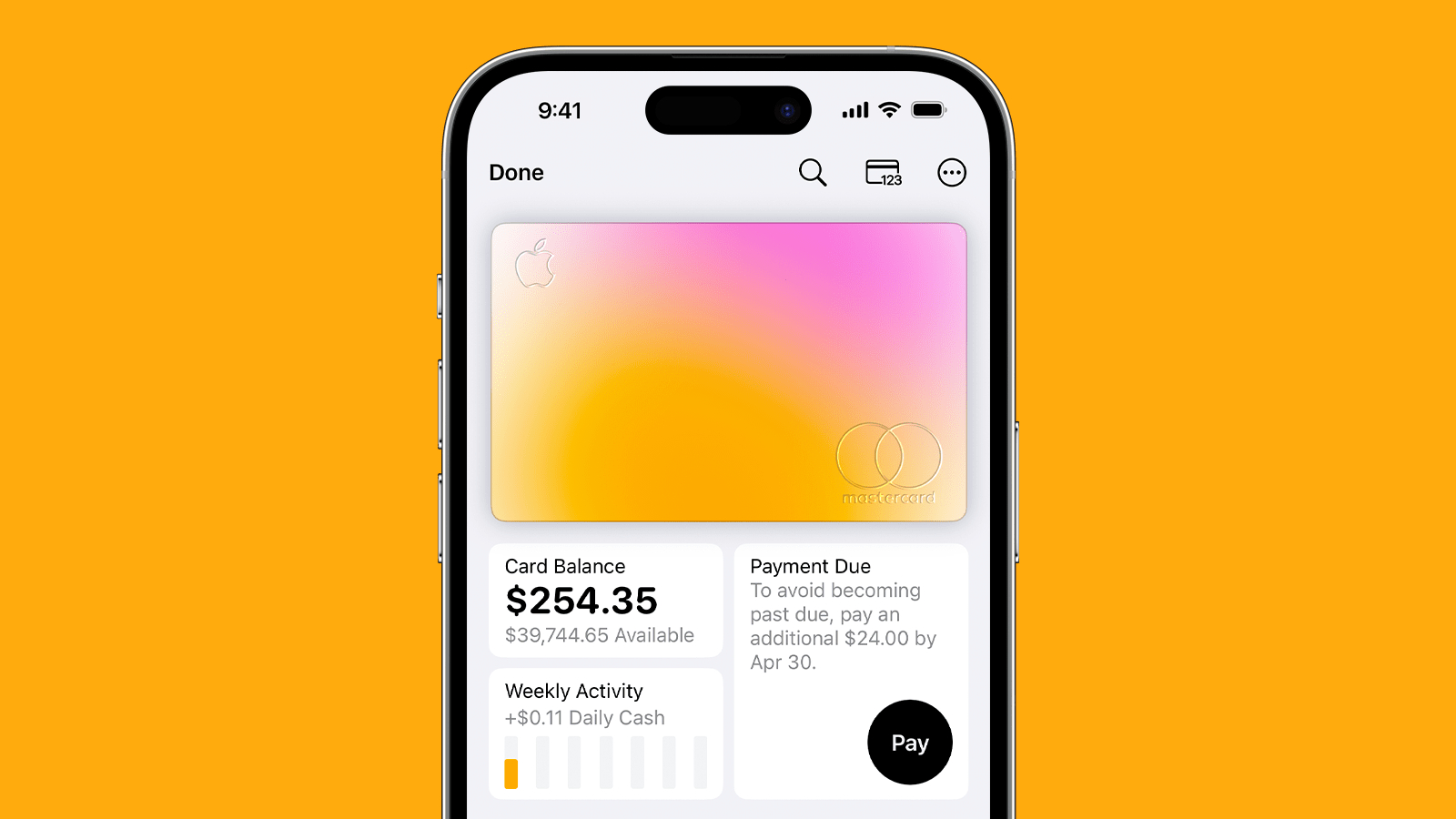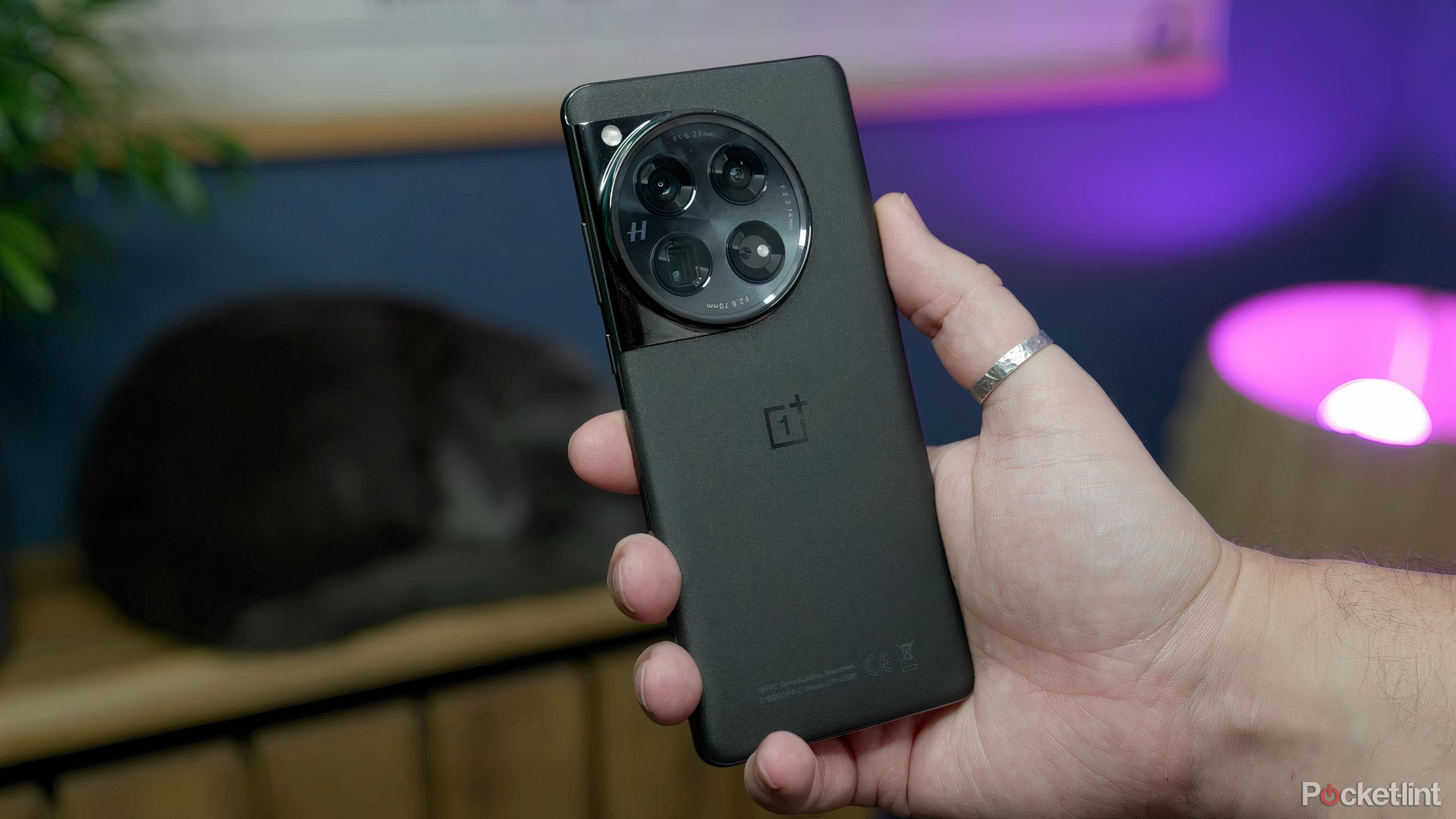Carl Pei wants to make something out of Nothing, but carefully
I thought I’d never met Carl Pei before, but he told me we did so years ago when he, along with Pete Lau, was launching OnePlus, the company he left to found Nothing Tech. I honestly don’t remember, though I do recall how intrigued we all were at this Android upstart.
Now, years later, he’s CEO of this still new and closely watched mobile technology startup.
After a splashy launch of the glyph-backed Nothing Phone 1, everyone is eagerly awaiting the small company’s second act: the Nothing Phone 2, which will be its first major smartphone launch in the US. Most expect it to arrive in the middle of the year. No one outside of Nothing knows what it will look like or what technology it will pack inside, beyond promises of more premium components (I see you Qualcomm Snapdragon 8 Gen 1).
I’ve been critical of the company but am also curious. So when I got the invite for a casual Nothing meet-up in a trendy Brooklyn bar, with a promise that Pei would be there, I jumped at the chance.
Pei showed up without fanfare, dressed in a large puffy black down jacket that somehow made him look younger than his 33 years.
Someone introduced me to Pei and after he reminded me we sort of knew each other, we quickly fell into a deep and lengthy discussion about the phone market.
There was no expectation that I was conducting an official interview, which meant I didn’t take notes and wouldn’t be quoting Pei at length. Still, after we were done I jotted down some recollections and insights that I can share here.
Naturally, I asked Pei if he had the Nothing Phone 2 on him. He did, but wouldn’t show it to me.
When I asked if this would iterate on the previous design or head in a new direction, Pei wouldn’t say.
The Nothing Phone 1 (Image credit: Future / Lance Ulanoff)
What he did tell me, though, is that Nothing has no plans or illusions about dominating the US phone market. Pei said that Apple has it pretty much locked up (much more so now than when he started at OnePlus).
Pei talked a lot about the need to innovate, but always within the practical limits of his small company.
Nothing is based in the UK, but has small teams in China, Taiwan, and Europe. It manufacturers in India. Nothing is well diversified in this way. It’s also backed, in part, by Google, which probably appreciates the way Nothing pushes the boundaries of Android phone design.
We talked about the Nothing Phone glyph and while I complimented how it could, with light, show you the status of your charge, Pei clearly didn’t think the transparent back had enough utility, at least not yet.
We dug into apex smartphone features such as fast charging, fast chips, and powerful cameras. But Pei said everyone is doing all that and trying to match competitors beat for beat is no way for it to survive. He described his company as, more or less, a tiny fish in an ocean.
I mentioned how I love the Samsung Galaxy S23 Ultra for its 10x optical zoom, but Pei said his team is too small to compete in camera innovation.
Instead, Pei’s plan is really the long game. Sell, for a time, boutique phones and build a technology brand around them. Not one that pushes the limits of feasibility and believability like Humane wearables, but one that points to the next phase of computing, whatever that is.
(Image credit: Future / Lance Ulanoff)
Pei’s Nothing will carefully walk the tightrope between innovation and viability. It will swing hard but never too far.
There’s no doubt that there will be something interesting and special about the Nothing Phone 2, but not something that will make it impractical.
To support this slow, steady innovation creep, Nothing will expand in the markets where it has the best chance of, if not winning, growth. India is such a market. Other emerging markets, though, like Africa, might not be such a good bet because they’re looking for truly cheap phones and do not care about features like a see-through back.
Pei is optimistic about the Nothing Phone 2 and told me development is going well. What it’s developing into, well, we’ll just have to wait and see.







